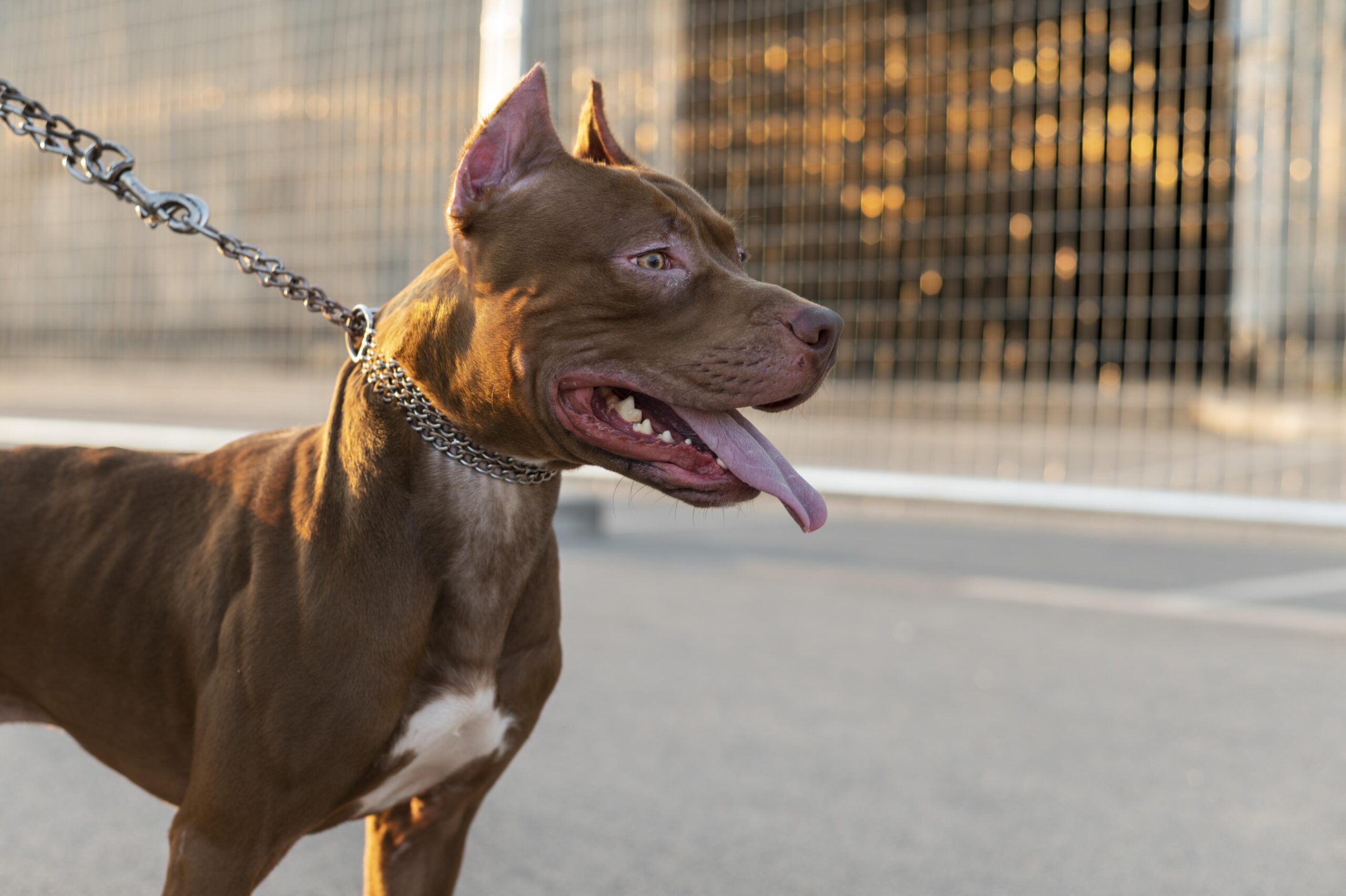The latest spate of vicious dog attacks reported across Barbados, one in the Botanical Gardens meant to be a haven for all, in addition to the harrowing account of jogger Anthony Reid nearly killed by an unleashed pitbull terrier now makes it abundantly clear – our country urgently requires dangerous dogs legislation on par with Trinidad and Tobago, the UK and other jurisdictions.
We can no longer delay substantive action to curb this public safety crisis and prevent further bodily harm or loss of life from avoidable dog maulings.
There has never been an adequate response by lawmakers to the decades of losses sustained by farmers from vicious night-time attacks from animals released at night by homeowners.
There has been no reappraisal since the introduction of the Animal Control Centre and the licensing of dogs with the Dogs (Licensing and Control) Act. That dates back to the Tom Adams administration – more than 40 years ago.
We can no longer deny that certain breeds like pitbull terriers, Rottweilers, and Akitas (a cold-weather breed that struggles mightily in our increasingly hot tropics) have the potential to inflict grievous injuries or death due to their sheer physical strength, aggressiveness when provoked, and tenacity when they attack. If not a blanket ban on ownership of these breeds, categorised as “dangerous dogs” under the law, surely requirements like muzzling and leashing in public are reasonable policy measures that would greatly diminish the risk they pose.
In the UK as in neighbouring Trinidad and Tobago, pitbull terriers join a list of dangerous dogs, requiring meticulous handling of existing dogs; among them are Bull Mastiff; Dogo Argentino; Dogue de Bordeaux and Fila Brasileiro (Brazilian Mastiff). They are not summary bans by dog haters; these are sensible public health and safety restrictions.
Of course, proper socialisation and training of dogs is important and can make a difference in temperament. But training cannot eliminate genetic predispositions which can kick in unexpectedly, as the jogger’s horrifying experience demonstrated. With dangerous dogs, their immense capacity for damage means prevention and minimisation of attacks must be the priority – rather than solely blaming owners after devastating incidents.
We acknowledge the perspectives shared by dog breeders and trainers that owners must be held accountable for their animals’ behaviour through proper training and precautions like leashing and muzzling. But they, too, would accept that dangerous breeds pose innate risks no amount of socialisation can erase. The prevailing irresponsible ownership culture means accidents or provocations can always unleash these dogs’ genetic programming to attack. Legislation is needed to mandate responsible handling, restrict dangerous breeds, and penalise owners who fail to contain the heightened threat their dogs present.
For years, the RSPCA and animal welfare advocates have sounded alarms about the cruel realities of indiscriminate backyard breeding and neglect enabled by the lack of enforcement on animal cruelty, to say nothing of the savage culture of dog fighting and breeding for fighting. Successive administrations have ignored this reality, no doubt bowing to pressure from voters.
Thus, a culture of cruelty continues to fuel the proliferation of aggressive, unsocialised dogs, creating a powder keg that needed only increased hardship and abandonment from the pandemic to explode.
Outlawing the ownership of breeds genetically inclined toward aggression is vital. Nonetheless, we would also submit that a broader cultural change in how dogs are perceived and treated is essential to turn the tide. Unenforced law breeds unchanged culture.
The prevailing attitudes that training is an inconvenience, leashing in public spaces unnecessary, and failure to spay/neuter excusable have fueled an overpopulation crisis where many animals suffer neglect and abuse. And we are all too familiar with many homeowners who boast of raising aggressive dogs to guard their property, shunning essential training, care and handling.
Irresponsible owners viewing dogs as objects for machismo or breeding income rather than living beings requiring care and supervision have exacerbated the issue. And lax enforcement of existing animal cruelty laws has enabled these harmful mindsets and behaviours to persist.
Comprehensive dangerous dogs legislation with stiff penalties for violations must go hand-in-hand with massive public education on responsible dog handling, zero tolerance for abuse, and a societal commitment to appropriate standards of animal welfare. The government must champion and resource both legal reform and cultural change around how dogs are perceived and treated. Here, the pet industry can be enlisted to help; surely businesses have investments to safeguard.
Half-measures will result in more attacks while the inexcusable status quo continues for vulnerable animals. Decisive action on all fronts can make a nation safer for residents, visitors and dogs alike.
We note the zeal with which Attorney General Dale Marshall responded last year to complaints about noisy “bulls” on kites disturbing people’s sleep. In short order, he delivered on assurances to the public that regulations would curtail the night-time racket and penalise offenders. We should like to suggest commensurate urgency on vicious dog attacks – notwithstanding historical incidents of dangerous dogs killing or maiming people and animals over many years in Barbados.
If public outcry over lost sleep can spur swift action, surely death and disfigurement from dog maulings should prompt a knee-jerk reaction. But the law can also prevent adverse consequences, not merely react to them, and save people from themselves.
The Attorney General should direct the same haste and priority to dangerous dogs legislation and enforcement to prevent the next mauling of the kind survivor Anthony Reid so vividly and painfully described in a letter to the editor in Monday’s edition. Here comes a true public health/safety emergency demanding intervention. Disturbed sleep pales in comparison to the permanent, devastating consequences of dog attacks.





